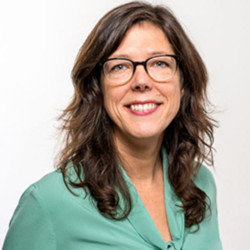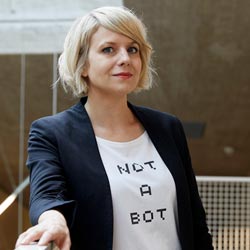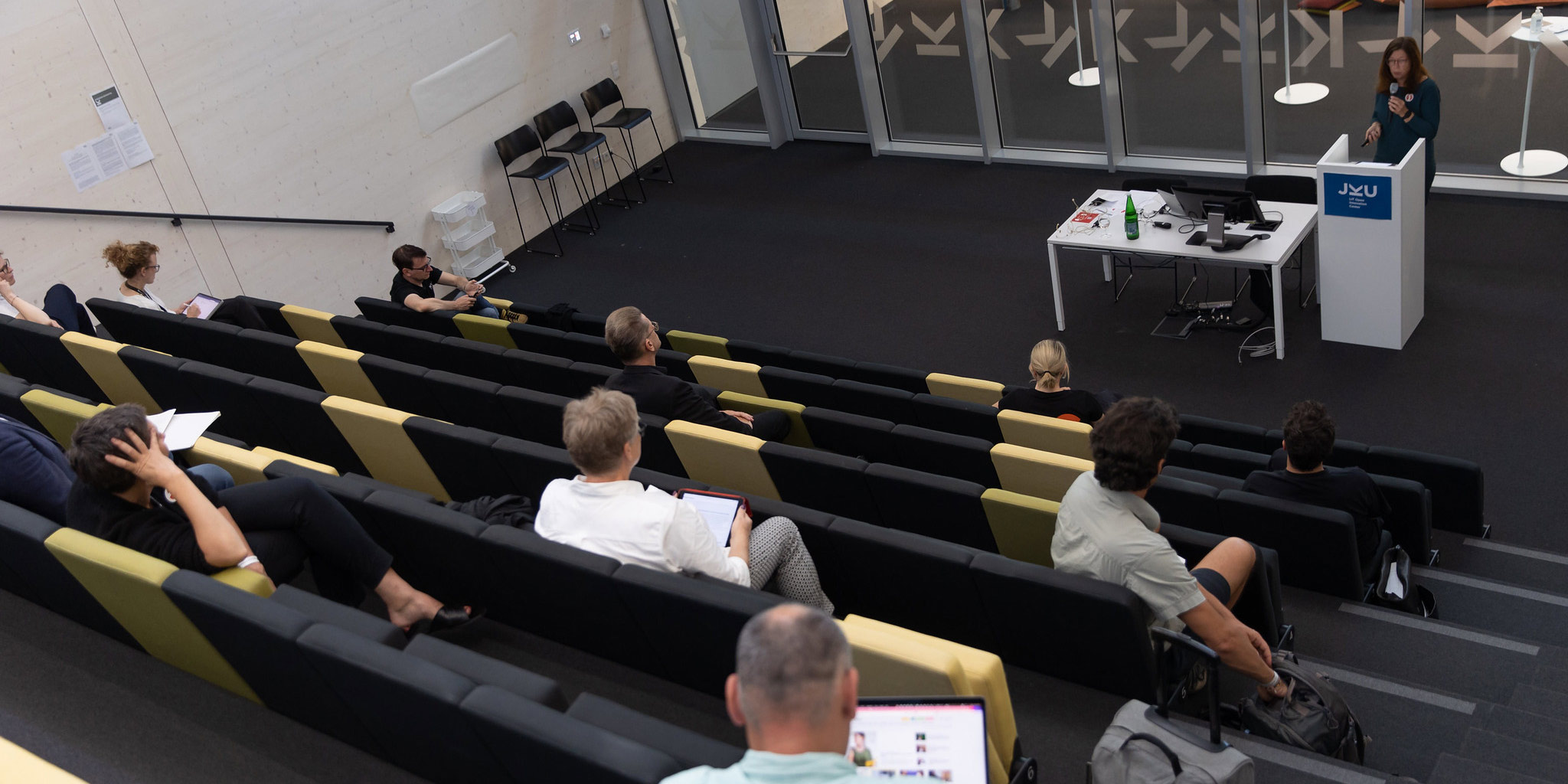Speakers: Sarah de Rijcke (NL), Dominic Orr (DE), Martin Ebner (AT), Martina Mara (AT), J. Philipp Schmidt (DE)
Moderation: Christopher Lindinger (AT), Kerstin Pell (AT)
Sarah de Rijcke (NL)
Keynote: Research Metrics & Transdisciplinary research: an unhappy marriage?
J. Philipp Schmidt (DE)
Keynote (online): Academic credentials, opportunity, and equity
Registration: https://www.reglist24.com/symposium-universitas
9.9.2021
| 9:45 – 10:00 | Welcome & Opening |
| 10:00 – 10:45 | Keynote (Online) Sarah de Rijcke (NL) |
| 11:00 – 12:00 | Talk Dominic Orr (DE), Martin Ebner (AT), Martina Mara (AT) |
| 12:00 – 13:30 | Lunch |
| 13:30 – 14:15 | Keynote (Online) J. Philipp Schmidt (DE) |
Sarah de Rijcke (NL)
Keynote: Research Metrics & Transdisciplinary research: an unhappy marriage?
In the past couple of decades, most European economies have dedicated significant resources to restructuring their science and innovation systems to meet global challenges. They have done so through concrete science policy interventions, including research evaluation and accountability dictates. Evaluation systems simultaneously reflect broader notions of the role of science in and for society, and affect and call on different scientific fields in different ways. In this talk I will discuss the role of research metrics in responsible research assessment, and scenarios for evaluating inter- and transdisciplinary research.
Dominic Orr (DE), Martin Ebner (AT), Martina Mara (AT)
Talk: Digital, Open, Inclusive – What Opportunities can Digitalisation Open Up for Universities?
What will higher education look like in 30 years? How much can tertiary education take in terms of digital aspects? What kind of potential do open, digital educational resources hold in terms of inclusive, equal opportunity education? Which components evoke a critical questioning of existing structures? Together with Dominic Orr and Martin Ebner, Martina Mara addresses these and similar issues, putting them up for discussion and using them as an opportunity to reflect on the future of models in higher education.
J. Philipp Schmidt (DE)
Keynote (online): Academic credentials, opportunity, and equity
What are academic credentials and why are they key in turning learning and education into opportunities? Some say that the university’s quasi monopoly on issuing credentials protects it from real competition and innovation. Others point out that market-based approaches can be problematic when applied to social or public goods like education. Recent technological developments make it possible for individuals to manage their credentials in ways that are secure, verifiable, and digital. But are these solutions desirable? In this short talk we will explore the history and possible future of academic credentials.
 Sarah de Rijcke (NL): She is Professor of Science, Technology and Innovation Studies and Scientific Director at CWTS, Leiden University, and Co-Chair of the Research on Research Institute (RoRI). Sarah specializes in social studies of research evaluation, which she considers in relation to epistemic cultures, knowledge infrastructures, valuation processes, and roles of research in and for society.
Sarah de Rijcke (NL): She is Professor of Science, Technology and Innovation Studies and Scientific Director at CWTS, Leiden University, and Co-Chair of the Research on Research Institute (RoRI). Sarah specializes in social studies of research evaluation, which she considers in relation to epistemic cultures, knowledge infrastructures, valuation processes, and roles of research in and for society. Dominic Orr (DE): He is adjunct professor for educational management at the University of Nova Gorica, Slovenia and part of the team leadership at GIZ for the BMZ-funded digital learning platform called atingi, which has over 80 thousand registered users. He has worked as an external consultant for the EU, the OECD, UNESCO and the World Bank.
Dominic Orr (DE): He is adjunct professor for educational management at the University of Nova Gorica, Slovenia and part of the team leadership at GIZ for the BMZ-funded digital learning platform called atingi, which has over 80 thousand registered users. He has worked as an external consultant for the EU, the OECD, UNESCO and the World Bank. Martin Ebner (AT): He is head of the department Educational Technology at Graz University of Technology and therefore responsible for all university wide e-learning activities. He holds an Adjunct Prof. on media informatics (research area: educational technology) and works also at the Institute for Interactive Systems and Data Science as senior researcher.
Martin Ebner (AT): He is head of the department Educational Technology at Graz University of Technology and therefore responsible for all university wide e-learning activities. He holds an Adjunct Prof. on media informatics (research area: educational technology) and works also at the Institute for Interactive Systems and Data Science as senior researcher. Martina Mara (AT): She is professor of Robopsychology at the Linz Institute of Technology (LIT) at JKU. Her work focuses on psychological conditions of human-centred technology development and interdisciplinary research strategies.
Martina Mara (AT): She is professor of Robopsychology at the Linz Institute of Technology (LIT) at JKU. Her work focuses on psychological conditions of human-centred technology development and interdisciplinary research strategies. J. Philipp Schmidt (DE): He is Director of Digital Learning and Collaboration at the MIT Media Lab, where he leads the Digital Learning + Collaboration Studio. He is also a cofounder and board member of Peer 2 Peer University (P2PU), a non-profit organization that provides access to online higher education through public libraries, and a board member of College Unbound.
J. Philipp Schmidt (DE): He is Director of Digital Learning and Collaboration at the MIT Media Lab, where he leads the Digital Learning + Collaboration Studio. He is also a cofounder and board member of Peer 2 Peer University (P2PU), a non-profit organization that provides access to online higher education through public libraries, and a board member of College Unbound.Credits
The project is part of TRANSFORM, a collaborative project between the University of Applied Arts Vienna, Johannes Kepler University, and Danube University Krems, and is funded by the Austrian Federal Ministry of Education, Science and Research.


